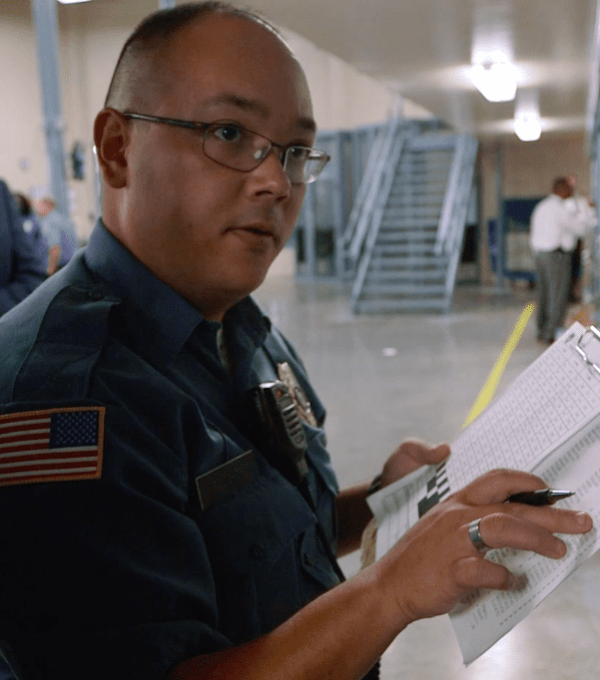
Even before the current COVID-19 pandemic, jails and prisons across the U.S. faced challenges preparing people in their custody for successful reentry. Often, many of these facilities were confronted with decisions around how to ensure someone has access to treatment upon release, what supports were available in the community, or what could be done to facilitate better connections to housing, to name a few.
Now, in light of COVID-19, correctional facilities are tasked with even more critical and time-sensitive decisions. In addition to continuing efforts that support successful reentry, jail and prison officials, along with their criminal justice partners, are quickly working to reduce the number of incarcerated people to mitigate the spread of the virus among people who are in custody as well as those who work in correctional facilities. For many, this has caused a significant increase in the number of people being released as well as in the challenges faced while doing so. And if not done carefully, these well-intentioned efforts may do more harm than good.
To help reduce some of these risks, The Council of States Governments (CSG) Justice Center worked with the National Sheriffs’ Association to develop a concise checklist that assists reentry planners and correctional staff in the transition planning process. The checklist is designed to be a starting place for reviewing the myriad factors staff should consider as they prepare people for reentry, including engaging in COVID-19 best practices, navigating legal considerations, and determining if someone has basic or health needs.
Douglas County, Kansas was one of the first counties to pilot the checklist with great success. “We have reduced the jail population 25 percent since the onset of COVID-19,” said Michael Brouwer, Douglas County Criminal Justice coordinator. “With already limited resources, COVID-19 has added new complexity to reentry planning, but this checklist helps our staff efficiently address barriers associated with returning to the community.”
Douglas County is not alone. Many jails and prisons are struggling to navigate reentry planning when the needed public safety net of health services, shelters, and food banks are all overwhelmed, and unemployment is at an all-time high. Making matters worse, a recent survey conducted by the CSG Justice Center found that 75 percent of reentry providers reported either reducing or stopping services entirely since the pandemic started. This is a reflection both of the very real economic strain that jurisdictions are under, as well as the diminished supports available for people returning home to their communities.
Michael Daniels, director of Justice Policy and Programs in Franklin County, Ohio, says the checklist has helped the county continue to protect both public safety and public health while also saving lives. “Our staff immediately printed it and put it to use, and we plan to keep using it once this crisis is over,” he said. “I am appreciative that the CSG Justice Center and the National Sheriff’s Association saw this need and took action to help.”
The checklist also provides clear and practical guidance on next steps that staff can take to help support people through reentry, based on their responses, and helps states and local communities plan for safe and successful transitions of some of the most vulnerable people. By helping to connect people to needed resources and services to promote long-term successful reentry, it serves as a quick way for correctional facilities to manage real life challenges with realistic alternatives.
“Now more than ever, providing comprehensive reentry services is crucial to ensure the safe transition to community for people who have been incarcerated,” said Ayesha Delany-Brumsey, director of Behavioral Health at the CSG Justice Center. “And we know this time is even more dire for those who have been identified as having mental health, substance use, and chronic health conditions. Unfortunately, people with these conditions are also in many cases experiencing problems complicated with homelessness and lack of employment and financial means. Some may have also lost family connections and have little if any supports in the community. But we believe this checklist can be an important resource for the people who are tasked with supporting others in improving their own health and safety as well as protecting the health and safety of the wider community.”
About the Author














